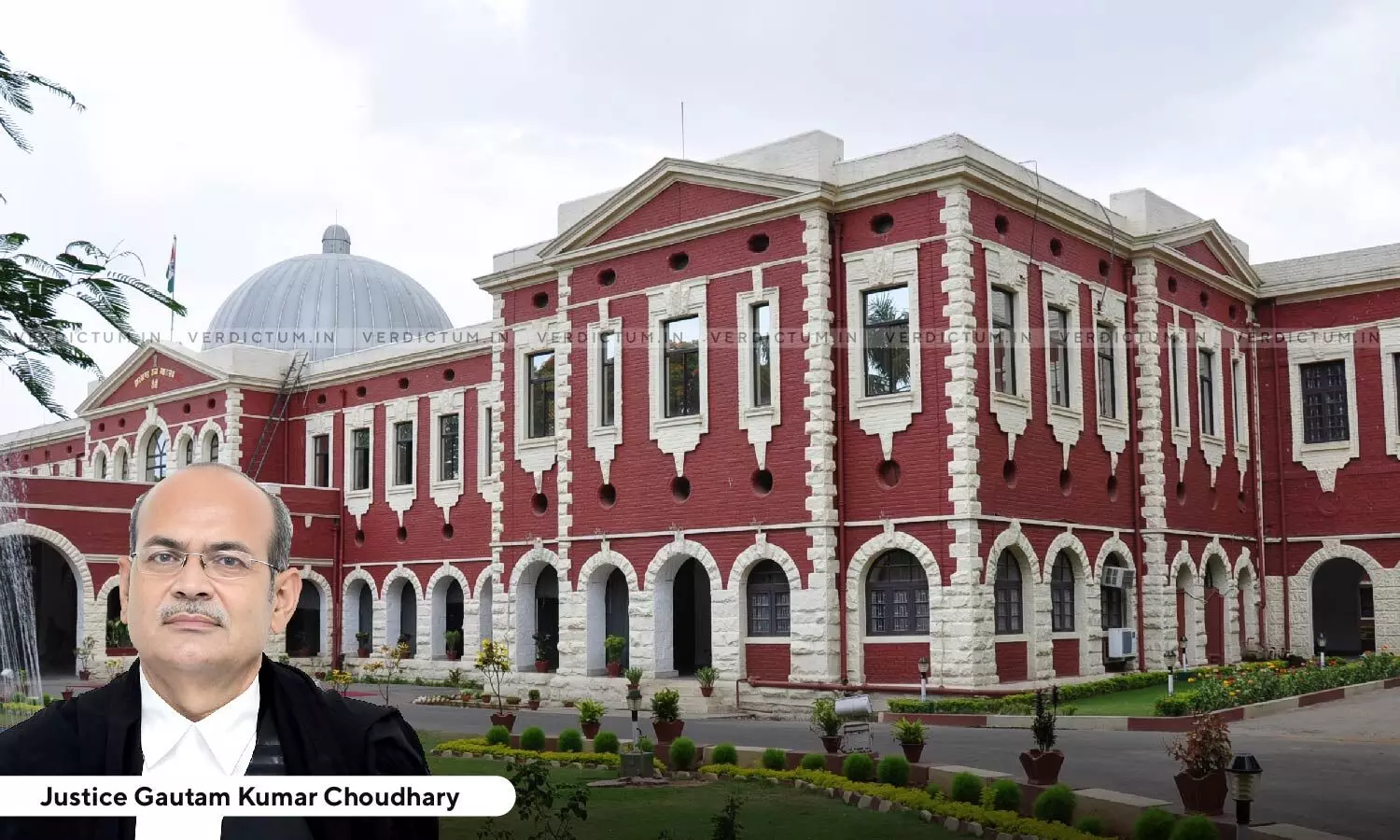
Plea Of Alibi Is To Be Taken At The Earliest And Should Not Be An Afterthought: Jharkhand HC
 |
|The Jharkhand High Court held that the plea of alibi should be submitted at the earliest stage of proceedings, emphasizing that it should not be an afterthought.
The Court dismissed an Appeal seeking to modify the conviction passed by Trial Court Sections 324 and 34 of the Indian Penal Code, 1860 (IPC).
The Court emphasized that the informant consistently identified the individual as the main assailant, supported by oral and medical evidence.
“The main plea of the appellant no.1 hinges on the plea of alibi. The law is settled that the plea of alibi is to be taken at the earliest and should not be an afterthought”, the Bench of Justice Gautam Kumar Choudhary observed.
Advocate Bharat Kumar appeared for the Appellant and Additional Public Prosecutor Pankaj Kumar Mishra appeared for the State.
The Trial Court convicted the Appellants under Sections 324 and 34 of the IPC, sentencing them to three years of rigorous imprisonment. The prosecution's case, outlined in the FIR, stated that the appellants collectively assaulted the complainant, causing a head injury with an iron rod during a land dispute over Khata No.42, Plot No.990. Following the incident, the accused allegedly took away materials from his house. The police registered a case, and after investigation, a charge sheet was filed. The Appellant challenged the conviction under Sections 324/34 of the IPC and the sentence of three years of rigorous imprisonment.
After considering the arguments presented by both parties, the Court noted that the testimony of the injured witness holds a higher degree of credibility, as he is less likely to falsely implicate others. All four defence witnesses failed to provide any information about the incident, serving as formal witnesses who primarily confirmed various documents.
The Court observed that the FIR was promptly filed after the incident, and the prosecution witnesses, including the informant, consistently supported the occurrence of the incident without significant contradictions. The 84-year-old informant withstood cross-examination and mentioned the involvement of appellant no.1 in causing head injuries. The testimony of the informant was corroborated by the written report, and the Court noted the lack of evidence or circumstances casting doubt on his account.
The Court rejected the main defence plea relying on an alibi, emphasizing that the plea of alibi should be presented at the earliest and not as an afterthought. The complicity of appellant no.1 as the main assailant was consistently asserted by the informant and supported by both oral and medical evidence. The Court noted no contradiction in the witnesses' accounts that would cast doubt on their credibility. The trial court's decision to discard the alibi plea was affirmed.
The Bench observed that the non-examination of the Investigating Officer was deemed not prejudicial to the defence, as neither the informant nor another witness showed any discrepancy in their earlier statements to the police. The Court concluded that both appellants jointly assaulted the injured due to a land dispute, leading to their conviction. Regarding the sentence, the court, considering the nature of the offence and the appellants' background, opted for the benefit under Section 4 of the Probation of Offenders Act, 1958. Consequently, instead of sentencing the appellants, they were directed to be released on interim bail with specified conditions.
Accordingly, the Court dismissed the Appeal.
Cause Title: Surendra Mahto @ Surendra Prasad v The State of Jharkhand